The scientific program includes keynotes by leading researchers in the field (Lynn Schriml and Zhiyong Lu).
Program
Times are provided for CDT time zone.
Monday, 11 July 2022
| 10:30 | CAMDA Welcome | |
| 10:40 | CAMDA Keynote: Addressing standardization challenges through integrated approaches in biomedical and genomic data | Lynn Schriml, University of Maryland, Baltimore, U.S.A. |
| 11:40 | MetaSUB: An initiative to characterize the global microbiome and establish planetary-scale metagenomic surveillance (invited talk) | Krista Ryon, MetaSUB International Consortium & Weill Cornel Medicine, NY, U.S.A. |
| 12:00 | Antimicrobial resistance prediction from whole-genome sequence and metagenomic data - challenges and opportunities (invited talk) | Leonid Chindelevitch, Imperial College London, U.K. |
| 12:30 | Lunch and Posters | |
| 14:30 | ISMB Proceeding: Phage-bacteria contig association prediction with a convolutional neural network | Tianqi Tang, University of Southern California, U.S.A. |
| 14:50 | The systematic assessment of completeness of public metadata accompanying omics studies | Serghei Mangul, University of Southern California, U.S.A. |
| 15:00 | Assessing the completeness of immunogenetics databases across diverse populations | Yu-Ning Huang, University of Southern California, U.S.A. |
| 15:10 | Data availability of open T-cell receptor repertoire data, a systematic assessment | Naresh Amrat Patel, University of Southern California, U.S.A. |
| 15:20 | GO Bench: Shared-hub for Universal Benchmarking of Machine Learning-Based Protein Functional Annotations | Andrew Dickson, University of California - Berkeley, U.S.A. |
| 15:30 | Break, Open Networking Time | |
| 16:00 | CAMDA Highlights - From Critical Assessment at CAMDA to real life applications: metagenomics in forensics | Paweł Łabaj, Malopolska Centre of Biotechnology, Jagiellonian University University, Kraków, Poland |
| 16:20 | Network Medicine in Times of Pandemic: Can we repurpose drugs? (invited talk) | Deisy Morselli Gysi, Harvard Medical School & Northeastern University, U.S.A. |
| 16:40 | A Data-Driven and Knowledge-Based Approach to Inferring Temporal Gene Networks for COVID-19 | Mitsuhiro Odaka, National Institute of Informatics, Japan & Nantes Université, France |
| 17:00 | Submission Withdrawn: Modeling of large biological knowledge graph augmented with COVID-19 casual network data for drug repurposing | Roman Koval, Bogomolets National Medical University, Kyiv, Ukraine |
| 17:20 | CAMDA Highlights - Making History - 20th Anniversary | Joaquin Dopazo, Fundación Progreso y Salud (Andalusian Ministry of Health), University Hospital Virgen del Rocío, Seville, Spain |
| 17:50 | 1st day summary | |
| 18:00 | Virtual Poster Session | |
| 19:15 | Leaving for CAMDA dinner |
Tuesday, 12 July 2022
| 10:30 | CAMDA Keynote: PubMed and Beyond: Biomedical Text Mining for Knowledge Discovery | Zhiyong Lu, NCBI, NLM, NIH, U.S.A. |
| 11:30 | Automatic identification of drug-induced liver injury literature using natural language processing and machine learning methods | Jung Hun Oh, Memorial Sloan Kettering Cancer Center, U.S.A. |
| 11:50 | The CAMDA Contest Challenges 2022: TextNetTopics Combined with Random Forest Applied on Drug-induced Liver Injury (DILI) Literature | Malik Yousef, Zefat College, Israel |
| 12:10 | Comparative analysis of information-theory-based statistical methods and transformer-based machine learning techniques for scientific literature classification | Ihor Stepanov, The National Academy of Sciences of Ukraine |
| 12:30 | Lunch and Posters | |
| 14:30 | DeSIDE-DDI: Interpretable prediction of drug-drug interactions using drug-induced gene expressions | Eunyoung Kim, Gwangju Institute of Science and Technology, South Korea |
| 14:50 | AI-based Filter of Drug-induced Liver Injury Publications with Natural Language Processing and Conformal Prediction | Xianghao Zhan, Stanford University, U.S.A. |
| 15:30 | Break, Open Networking Time | |
| 16:00 | ISMB Proceeding: High-sensitivity pattern discovery in large, paired multi-omic datasets | Andrew Ghazi, Broad Instotute, U.S.A. |
| 16:20 | CAMDA Trophy ceremony | |
| 16:40 | CAMDA Caffee - Grand challenges of our times | Joaquin Dopazo, Wenzhong Xiao, David Kreil |
| 17:40 | CAMDA summary and closing remarks |
Keynotes
Lynn Schriml, PhD
President of the Genomic Standards Consortium
Department of Epidemiology and Public Health & Institute of Genome Science (IGS), University of Maryland, Baltimore, U.S.A.
Addressing standardization challenges through integrated approaches in biomedical and genomic data
Big data integration holds the promise of accessible datasets amenable to ML/AI approaches for knowledge discovery. However, the very FAIRness of biomedical and genome information resources is challenged by unstructured, non-standardized datasets distributed across numerous resources. Genomic resource initiatives, such as the HMP-DACC, Alliance of Genome Resources and the Common Fund Data Ecosystem are utilizing ontology and metadata standards to wrangle disparately collected data into integrated resources amenable for large scale data analysis. I will review the development and utilization of standards for characterizing complex disease mechanisms and genomic metadata integration. I will examine sources of unrecognized bias of collected data and highlight standardized approaches to address these challenges among genomic and cancer resources.
About the speake: Dr. Lynn Schriml is President of the Genomic Standards Consortium and leads the Human Disease Ontology project. Dr. Schriml’s research incorporates data science and knowledge engineering, focusing on the classification of genetic and environmental drivers of complex diseases, biomedical data sharing, integration and harmonization. Prior to joining IGS/UMSOM in 2007, Dr. Schriml led the development of the Gemina genomic epidemiology database at The Institute for Genome Research (TIGR) and model organism gene and genomic resources at the National Center for Biotechnology Information (NCBI). Dr. Schriml conducted her postdoctoral studies on mammalian ABC-transporters at the National Cancer Institute with Michael Dean. On twitter: @lschriml, @genomestandards, @diseaseontology
Zhiyong Lu, PhD FACMI
Senior Investigator
Deputy Director for Literature Search
National Center of Biotechnology Information (NCBI)
National Library of Medicine (NLM)
National Institutes of Health (NIH)
PubMed & Beyond: Biomedical Text Mining for Knowledge Discovery
The explosion of biomedical big data and information in the past decade or so has created new opportunities for discoveries to improve the treatment and prevention of human diseases. But the large body of knowledge—mostly exists as free text in journal articles for humans to read—presents a grand new challenge: individual scientists around the world are increasingly finding themselves overwhelmed by the sheer volume of research literature and are struggling to keep up to date and to make sense of this wealth of textual information. Our research aims to break down this barrier and to empower scientists towards accelerated knowledge discovery. In this talk, I will present our work on developing large-scale, machine-learning based tools for better understanding scientific text in the biomedical literature. Moreover, I will demonstrate their uses in some real-world applications such as improving PubMed searches, scaling up data curation with PubTator, and taming COVID-19 pandemic paper tsunami in LitCovid.
About the speake: Dr. Zhiyong Lu is a Senior Investigator at the National Library of Medicine’s (NLM) Intramural Research Program, leading research in biomedical text and image processing, information retrieval, and machine learning. As Deputy Director for Literature Search at National Center of Biotechnology Information (NCBI), Dr. Lu also directs the overall R&D efforts to improve literature search and information access in resources like PubMed and LitCovid that are used by millions worldwide. Over the years, Dr. Lu has mentored over 40 trainees and is a highly cited author with 300 peer-review articles. Dr. Lu is a Fellow of the American College of Medical Informatics (ACMI), Associate Editor of Bioinformatics, and Organizer of the BioCreative challenge series.
Sign up to our low-volume announcements mailing list!
Check also our open forum for general discussions , including ideas and the development of future of contest data sets and challenges!
![]() Follow us in twitter
Follow us in twitter






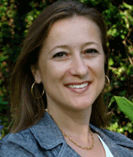



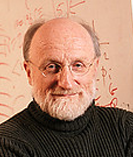





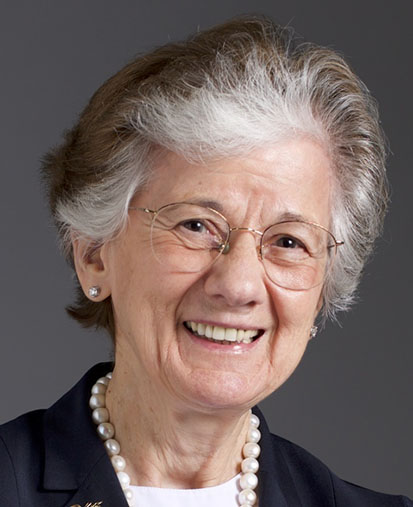
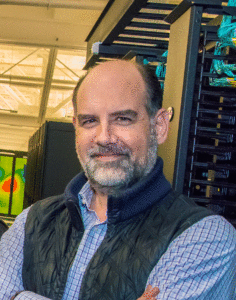




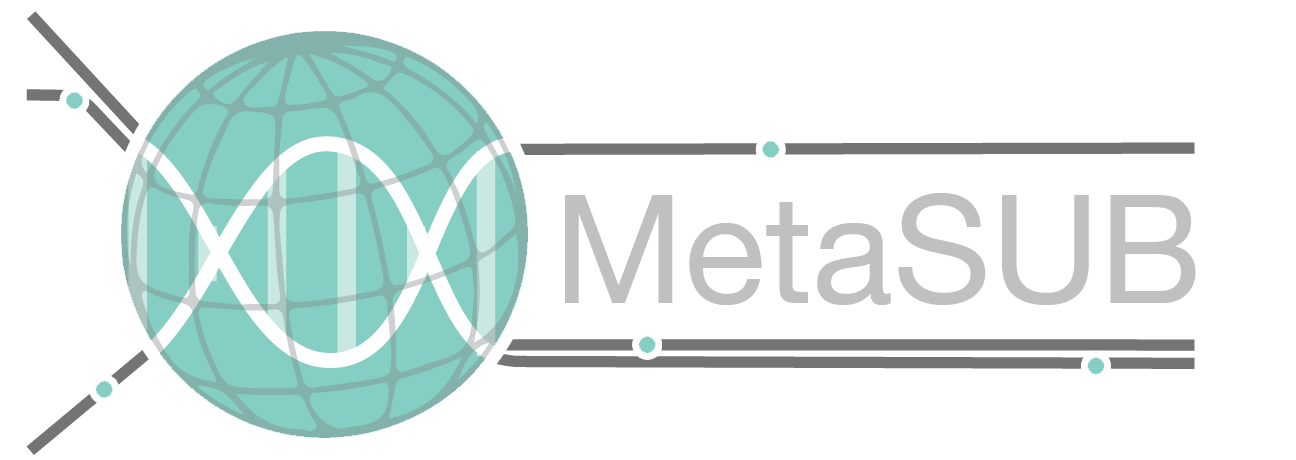

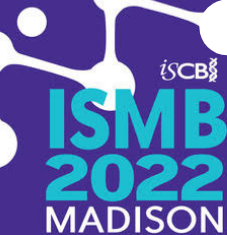



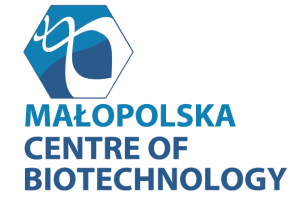

STAY CONNECTED
Tweet